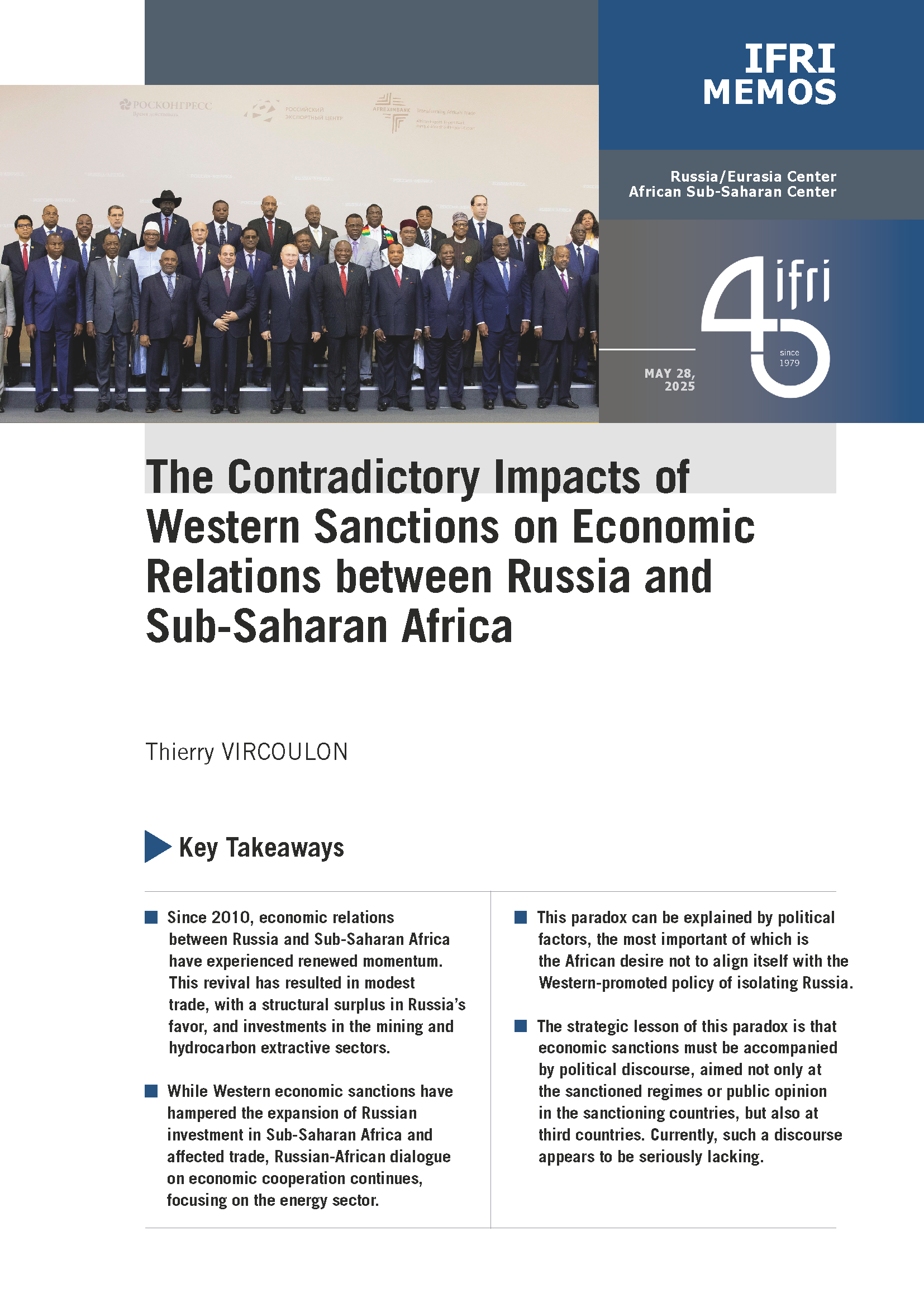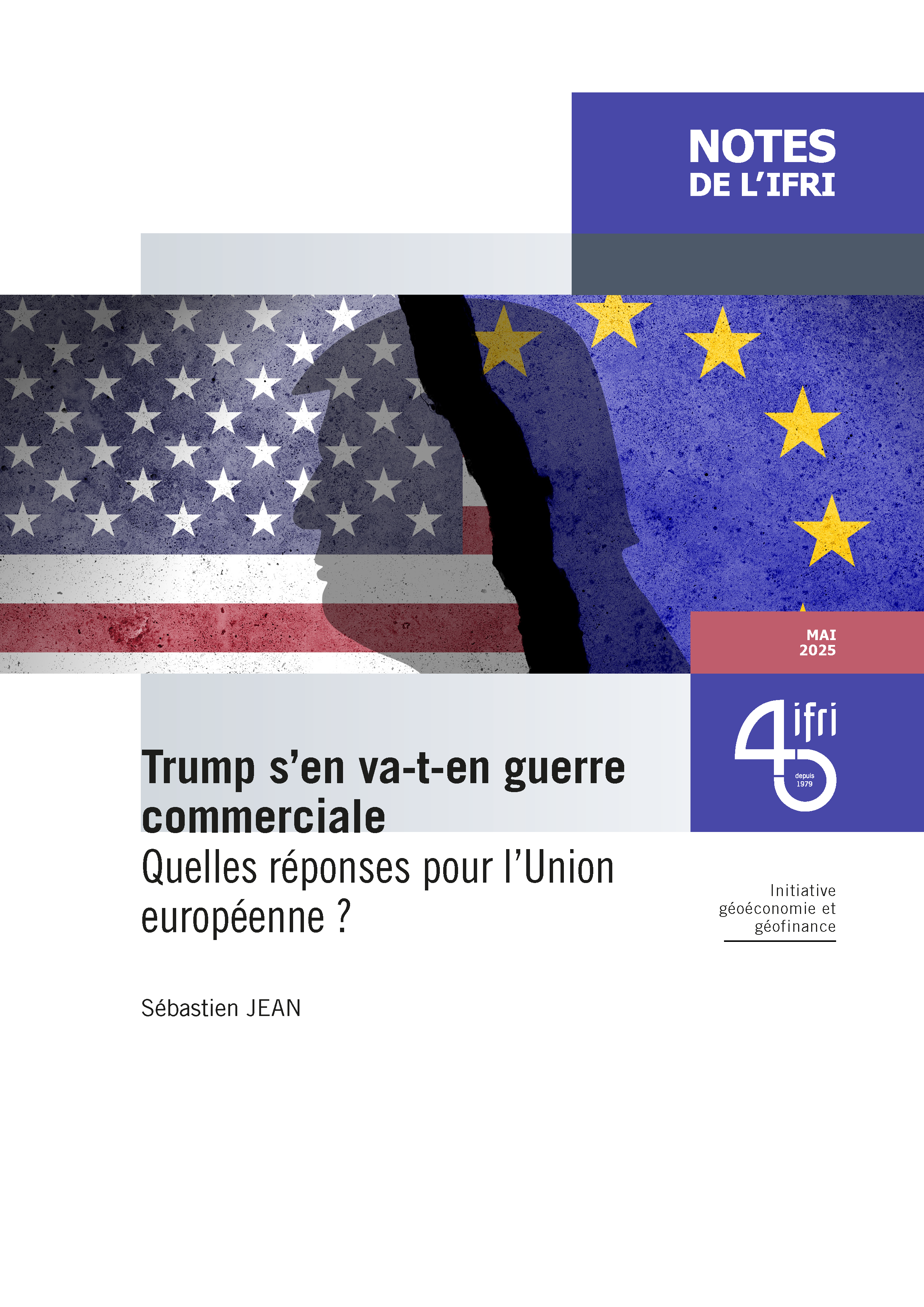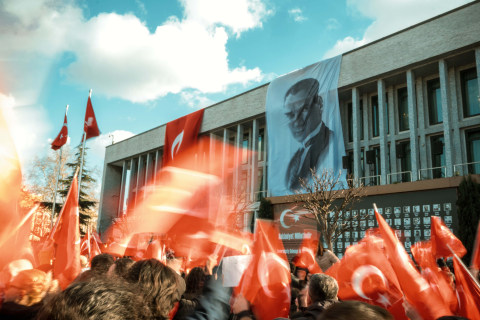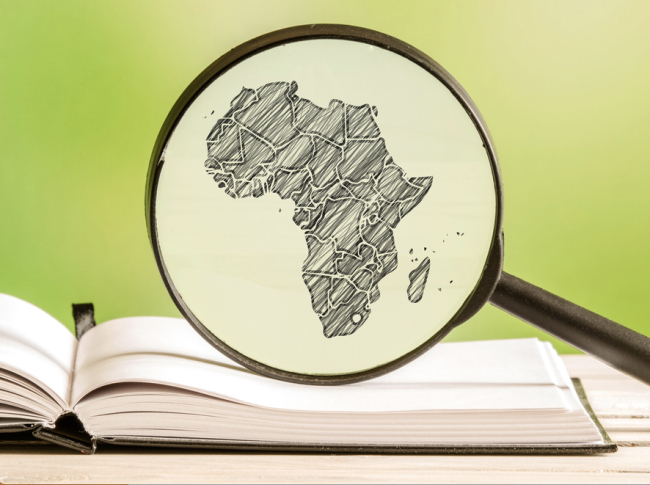South African Local Elections 2016. From One Party Dominance to Effective Plural Democracy

The South African political landscape experienced a shock from an unlikely source; the country’s local government elections on August 3, 2016 representing the last tier of government and often overlooked in favour of national and provincial polls.

This year’s vote was a barometer of public sentiment towards the ruling African National Congress (ANC) and heralds a wind of change that is blowing through SA’s politics, leaving the possibility for growth and disruption in its awake. The watershed municipal election is the biggest opposition breakthrough since the National Party (NP) government was toppled in 1994 and it excludes the ANC from the running of four of the eight metro municipalities, densely populated cities that generate more than half of the country’s wealth.
To fully understand what has occurred in South Africa and the debates that will shape the country’s future, this article examines the result of the past election and explains how the ANC progressively eroded the trust of the voting public. The significance of local elections and the metros is unravelled to describe the new space of political competition and potential instability in which the country finds itself. The discussion then taps into the future, presenting the altered face of South African politics defined by a party used to power and intent on etching its way back, and coalitions that may threaten the ruling administration, but are also barely comfortable marriages of convenience that will be severely tested. Finally, the article asks what could be next for the party that has largely controlled South African politics, and cautions that a change of president may not be enough to revise the ANC’s blemished image as the party appears to fracture and tear into itself following its poor showing. The nation’s democracy is experiencing a new phase which begun with the elections in August 2016, and over the coming years there is the potential for effective multi-party politics and economic growth, as well as instability and violent social disruption.

Available in:
Regions and themes
Share
Download the full analysis
This page contains only a summary of our work. If you would like to have access to all the information from our research on the subject, you can download the full version in PDF format.
South African Local Elections 2016. From One Party Dominance to Effective Plural Democracy
Related centers and programs
Discover our other research centers and programsFind out more
Discover all our analysesThe Contradictory Impacts of Western Sanctions on Economic Relations between Russia and Sub-Saharan Africa
How does Russia maintain economic ties with Africa despite Western sanctions? An analysis of investments, trade, and the circumvention strategies deployed by Moscow.
The Revenue Sources Sustaining Sudan’s Civil War. Lessons for the year 2023
Wars require money and resources, and often, most conflicts involve controlling sources of income and supply lines or denying them to enemies. This has been the case in Sudan’s past conflicts and is again as the civil war—between the Sudan Armed Forces (SAF), commanded by General Abdelfattah al-Burhan, and the paramilitary Rapid Support Forces (RSF), commanded by General Mohammed Hamdan Daglo “Hemedti” —has sunk into a protracted conflict.
Anglo-Kenyan Relations (1920-2024) : Conflict, Alliance and a Redemptive Arc
This article provides an evidentiary basis for postcolonial policy in its analysis of Anglo-Kenyan relations in a decolonization era.
When City Diplomacy Meets Geopolitics: A Framework to Help Cities Navigate Geopolitical Risk
Crises and the increasing polarization of international relations make political risk analysis an indispensable resource for internationally active public and private entities.









